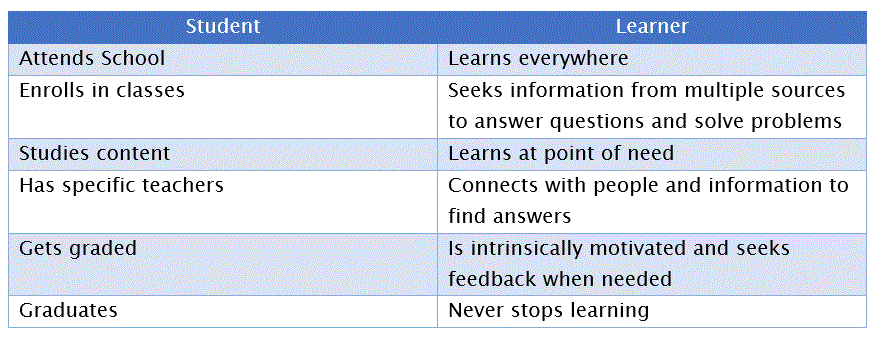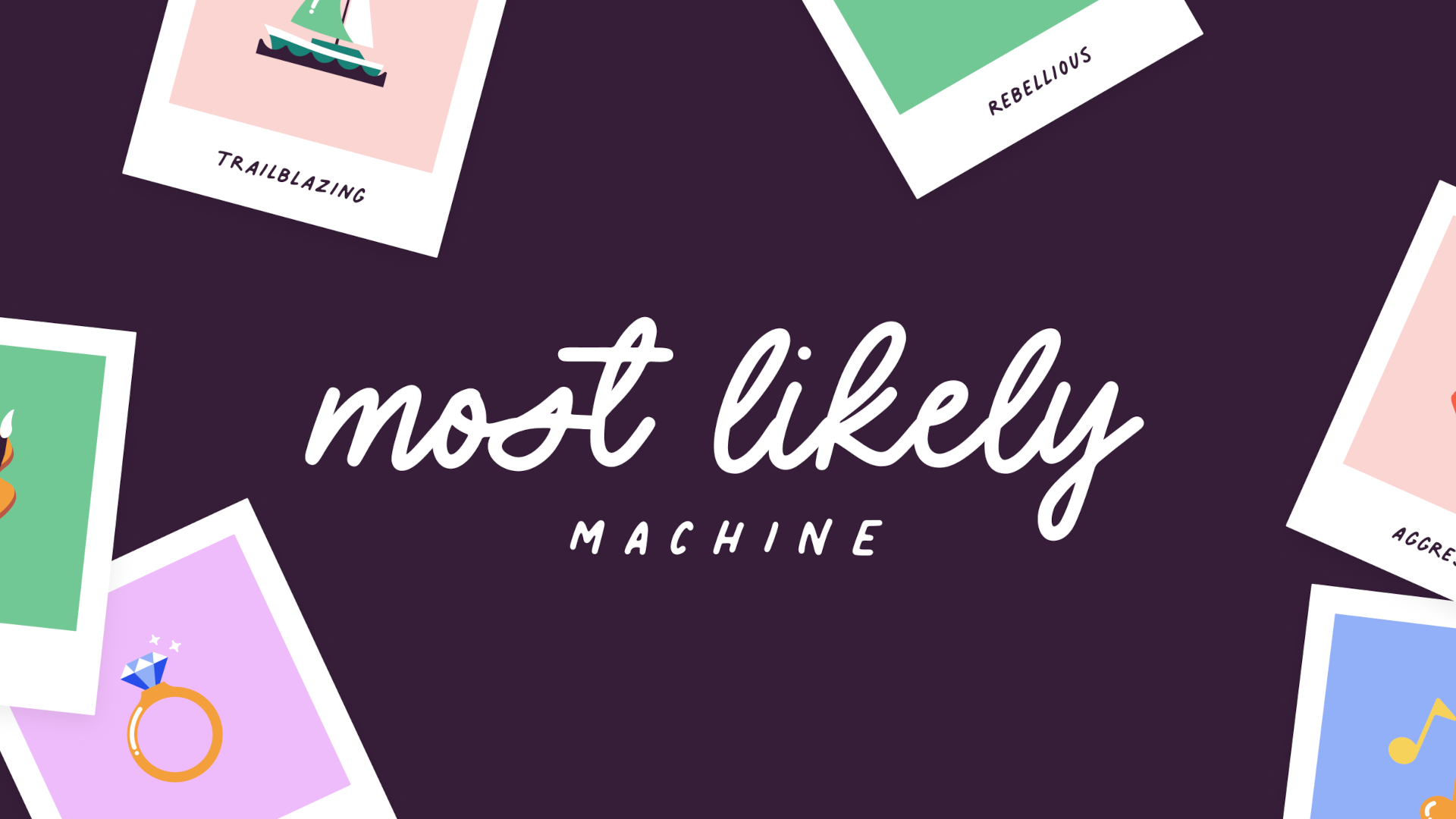Labels Matter

Tools and ideas to transform education. Sign up below.
You are now subscribed
Your newsletter sign-up was successful
The labels that we use matter. At FETC, I was reminded of this when a group of us were treated to a backstage tour of the Polynesian Resort and dinner at the Kona Café. We were escorted around by a “cast member” who made the experience so entertaining and informative. Her commitment to the role she plays is evident. Disney parks are known as magical places – but there are some specific practices put in place to help produce some of the magic that customers experience. One of these practices is the use of the label “cast member.” Think of all that this label implies. A member of the cast, in the traditional sense performs in a show. They create an illusion of another time and place to help transform the experience for those they encounter. This all lends itself to the magic behind the “Magic Kingdom” while communicating some pretty unique expectations to those that serve in the role of cast member, whether they are custodians, servers, or executives.

What does all of this have to do with innovations in education? A label we commonly use to refer to our main customer is “student.” Recently, I conducted a book study for a group of forward-thinking educators of Make Learning Personal: The What, Who, WOW, Where and Why by Barbara Bray and Kathleen McClaskey. One idea that resonated with our teachers was a simple shift in language: calling students learners rather than students. This came originally from CAST in the UDL Guidelines 2.0. The thinking behind this is that learning happens everywhere, all of the time. The shift in label from student to learner helps convey this. If we were to list out characteristics of learners and students how would they differ? Below are some of my thoughts. What would you add or change?

And then, in following the #Educon tweets this weekend, this tweet came across my stream:
This totally reinforces my thinking that our behaviors need to change -simply changing the label is not enough. By changing the label we use for those in our charge, we can begin to see them differently. The relationship changes, which will help them begin the shift from student to learner.
cross posted at Innovations in Education
Nancy White is the 21st Century Learning & Innovation Specialist for Academy School District 20, providing professional development on 21st century skills and technology integration, and working with the IT-ES team to carry out the district’s 21st Century Learning Plan. Nancy served on an ad-hoc team to help with the integration of 21st century skills into Colorado’s revised content standards, and co-authored The Colorado Learner’s Bill of Rights. Read more at Innovations in Education.
Tools and ideas to transform education. Sign up below.
